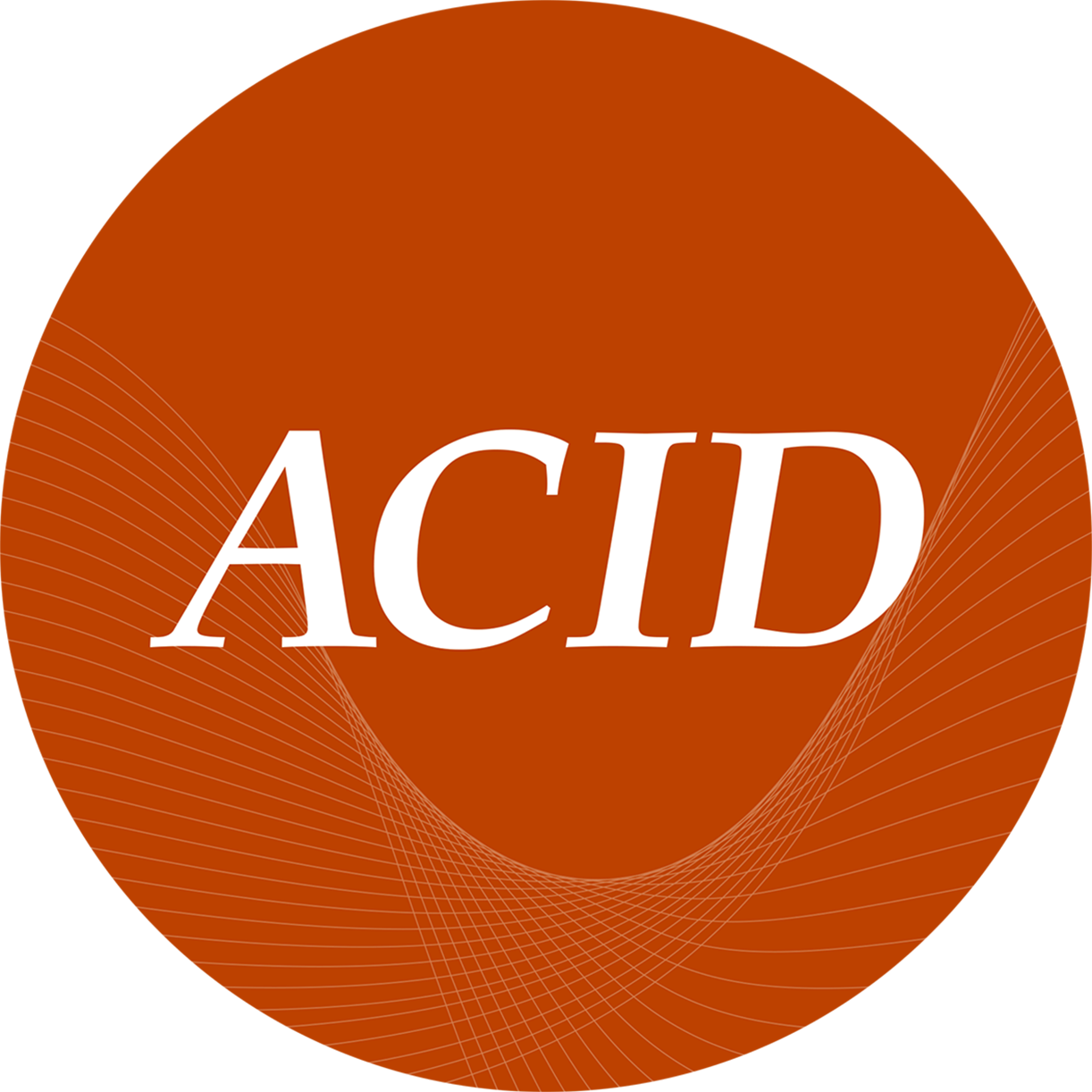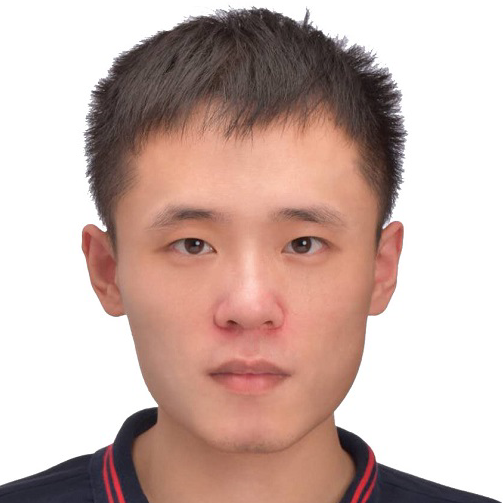Dr. Liu Le is currently a Associate Professor in the Department of Gastroenterology at Zhujiang Hospital, Southern Medical University. He received his Ph.D. in Internal Medicine from Southern Medical University in 2021. His work investigates microbial-host interactions underlying inflammation and cancer, with a focus on molecular mechanisms driving disease pathogenesis. Dr. Liu has published in Gut Microbes, Research, Autophagy, and Clinical Science, elucidating how gut microbiota modulate immunity and epithelial homeostasis in gastrointestinal disorders. His findings advance microbiome-targeted therapies for inflammation-driven cancers while revealing novel intervention strategies against microbial drivers of pathogenesis. Dr. Liu Le is currently a Associate Professor in the Department of Gastroenterology at Zhujiang Hospital, Southern Medical University. He received his Ph.D. in Internal Medicine from Southern Medical University in 2021. His work investigates microbial-host interactions underlying inflammation and cancer, with a focus on molecular mechanisms driving disease pathogenesis. Dr. Liu has published in Gut Microbes, J Neuroinflammation,Front Immunol, Research, Autophagy, and Clinical Science, elucidating how gut microbiota modulate immunity and epithelial homeostasis in gastrointestinal disorders. His findings advance microbiome-targeted therapies for inflammation-driven cancers while revealing novel intervention strategies against microbial drivers of pathogenesis. Dr. Liu’s investigations have shed light on several critical aspects of microbiome-host crosstalk: Microbial Regulation of Immunity and Inflammation His studies have revealed how specific gut bacteria and their metabolites either exacerbate or ameliorate intestinal inflammation. By characterizing microbial signatures in patients with inflammatory bowel disease (IBD) and colitis-associated cancer, his team has identified potential biomarkers for early diagnosis and microbial targets for therapeutic modulation. Mechanisms of Microbiome-Driven Carcinogenesis Chronic inflammation is a well-known risk factor for gastrointestinal cancers. Dr. Liu’s research has uncovered how certain pathogenic bacteria promote DNA damage, disrupt epithelial barrier function, and activate oncogenic signaling pathways. His findings, published in high-impact journals such as Gut Microbes and Autophagy, highlight the role of bacterial effectors in tumor initiation and progression. Microbiome-Targeted Therapeutic Strategies Recognizing the translational potential of microbiome research, Dr. Liu has explored interventions such as probiotics, prebiotics, and fecal microbiota transplantation (FMT) to restore microbial balance and mitigate disease severity. His work in Clinical Science and Research demonstrates how modulating gut microbiota can enhance immunotherapy responses in cancer patients, offering a promising adjuvant therapy approach. Moving forward, Dr. Liu aims to deepen his exploration of microbiome-host dynamics using advanced technologies such as single-cell sequencing and spatial transcriptomics. By deciphering how microbial communities interact with specific cell types in the gut, he hopes to uncover novel therapeutic targets for inflammation-driven cancers. Additionally, he is actively involved in clinical trials evaluating the efficacy of microbiome-modulating therapies in improving patient outcomes.










